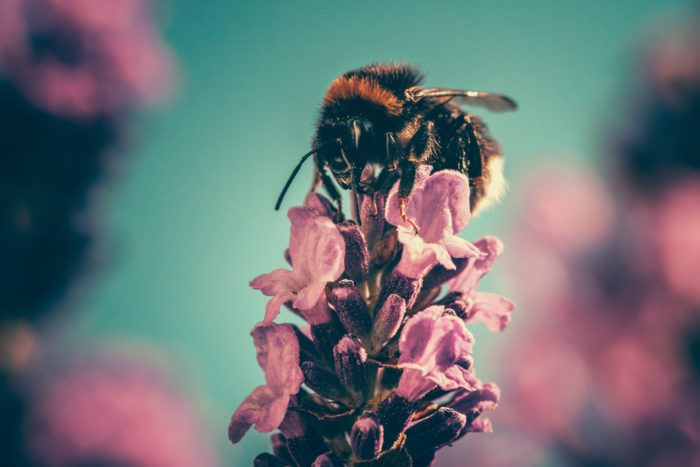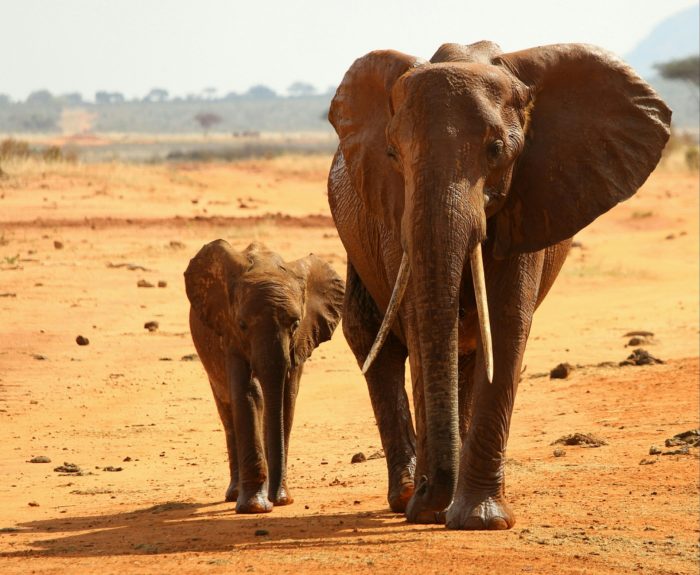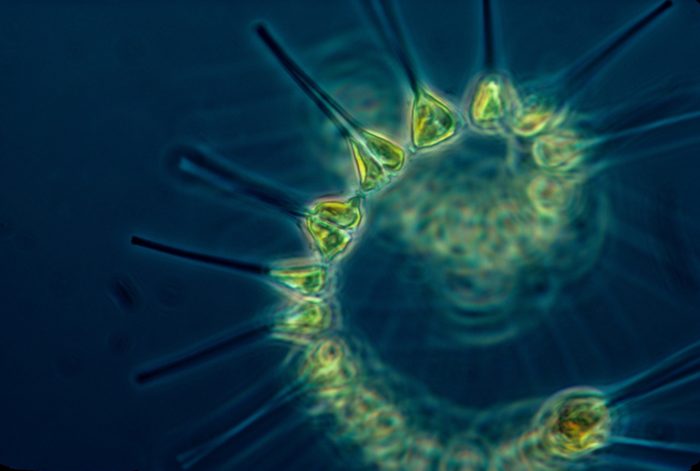Throughout the span of time, environmental changes have had devastating effects on the various species found on Earth. While natural disasters may have triggered previous mass extinctions, humans are now playing a major role in the decline of biodiversity and are currently responsible for 99 percent of all threatened species.
Although all species, big and small, hold immense value, keystone species are the main contributors in their ecosystems and have an overwhelming influence on their surroundings. Keystone species—such as wolves and sea otters—bring balance and overall structure to an ecosystem by controlling populations, modifying habitats, and by providing resources to other species.
While it is important to protect all species, the implementation of conservation strategies targeting keystone species is vital in order to maintain overall diversity and to promote healthy ecosystems. If keystone species go extinct—entire ecosystems could disappear! If you think humans are excluded from the effects of such an occurrence—think again! Human beings rely on many of the resources that keystone species produce: food, clean air, and abundant landscapes.
Since humans pose a significant threat to keystone species—by way of hunting, over-exploitation, pollution, and deforestation—it is imperative that we take action now! Here’s how you can help save some of the most wondrous keystone species in the world!
Native Bees

Your last meal may have been made thanks to these tiny, flying insects! Native bees may seem insignificant, but they actually supply more than $3 billion in crop pollination services each year. As the earth’s main pollinators, native bees are responsible for nearly 75 percent of the fruits and vegetables grown in the United States. Although the plight of the honey bees is widely known, few are familiar with the dangers facing native bees. Recent findings show that more than 50 percent of native bee species assessed are severely declining—and of those, a whopping 347 species are at risk of extinction! Unfortunately, native bees are in jeopardy due to climate change, habitat loss, and pesticide poisoning.
Here’s How You Can Help:
- Eliminate the use of pesticides – The chemicals found in pesticides are extremely toxic to native bees. Instead of using harmful products such as herbicides, pesticides, and insecticides, try using natural alternatives in your home gardens.
- Cultivate native plants – Many native bee species are declining due to lack of nourishment. Since native bees rely on pollen and nectar in order to survive, it is important to increase the amount of native plants found outside. Practice bee-friendly gardening by cultivating flowering plants (such as sunflowers or California poppies) and allow dandelions to flourish as they are an excellent source of pollen!
Elephants

Aside from being incredibly intelligent, these gentle, magnificent creatures play a vital role in their ecosystems by supporting overall biodiversity. Surprisingly, elephants and many tree species are inextricably linked. Many plant species rely solely on elephants to disperse their seeds—leaving insects, birds, and bats that eat from the fruit trees dependent on elephants too. Elephants also ensure survival during droughts by digging waterholes with their tusks—providing water sources not only for themselves but also for other animals as well. Elephant populations are quickly shrinking, and only about 40,000 Asian elephants and 500,000 African elephants are left in the wild. Habitat destruction, poachers, and global warming are all pushing these creatures toward extinction. Humans may be able to skirt by without them, but the demise of elephants would certainly transform the vast majority of the African plains and the Asian rain forests—a depressing thought indeed!
Here’s How You Can Help:
- Adopt an Elephant – There are many wildlife organizations that work to conserve elephants. Try adopting an elephant! By donating a small monthly gift, organizations (such as the World Wildlife Fund) will gain monetary support that will allow them to better protect elephants and their natural habitats.
- Don’t Support Elephants in Captivity – Although the infamous Ringling Brothers recently stopped featuring elephants in their shows, many elephants remain in captivity, especially in traveling circus shows. While many zoos support conservation efforts, it is important not to support zoos that specifically import elephants from the wild. Ditch these venues and support local wildlife sanctuaries instead!
Plankton

Yes, those minuscule organisms that exist in various bodies of water, too puny to swim against a current, are actually useful. Zooplankton—small, transparent animals that float along the surface of water—are incredibly important to marine life because they play an essential role in the food chain. Plankton are also largely responsible for the air you breathe! Research shows that tiny, photosynthetic algae (known as phytoplankton) produce 50 to 85 percent of the world’s oxygen! If you need any more proof as to how amazing these creatures are—they can also make clouds! Global warming has greatly impacted plankton populations, and higher temperatures have greatly reduced phytoplankton by about 40 percent in the last 60 years.
Here’s How You Can Help:
- Reduce Greenhouse Gas Emissions – Non-meat eaters have already taken a major step in cutting their greenhouse gas emissions. To further reduce harmful pollutants, try driving less—ride a bike, carpool, or use public transportation instead. Most importantly, reduce, reuse, recycle, and compost! Landfills release harmful amounts of methane gas into the air, so do your part to keep food out of landfills.
- Reduce Plastic Use – Sadly, plastic is making its way into our oceans and is being consumed by plankton. If you can’t find alternatives to using plastic, make sure the items are properly recycled! You can also help keep the waters clean by participating in ocean cleanups.
___
Also by Audrey: Noise Pollution Is A Top Cause Of Health Issues, For Real. 6 Ways To Get Quiet
Related: Eco-Friendly Alternatives to Plastic Household Items
The Arctic Has Lost Its Ice And Gained All Our Trash
Get more like this—Subscribe to our daily inspirational newsletter for exclusive content!
__
